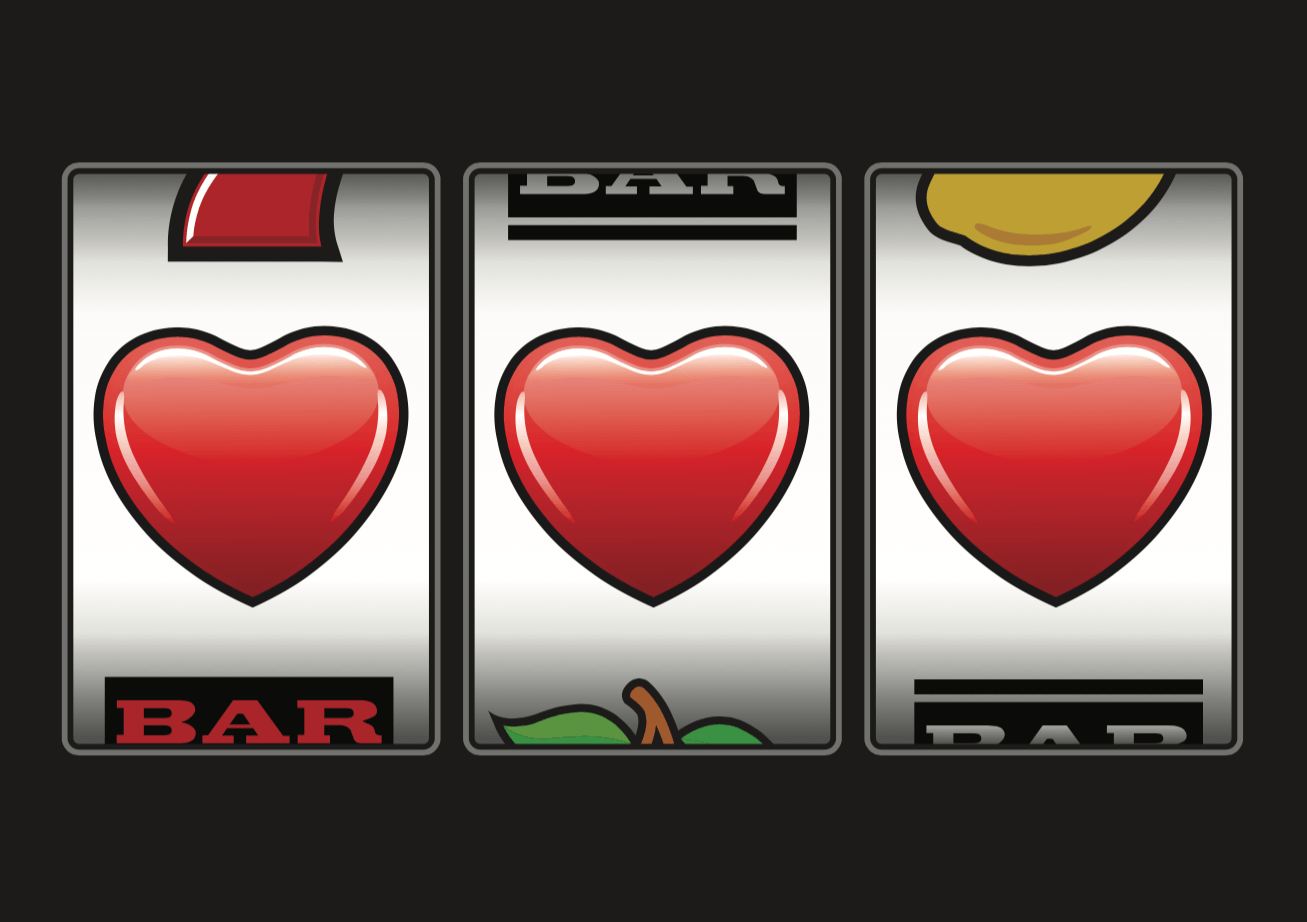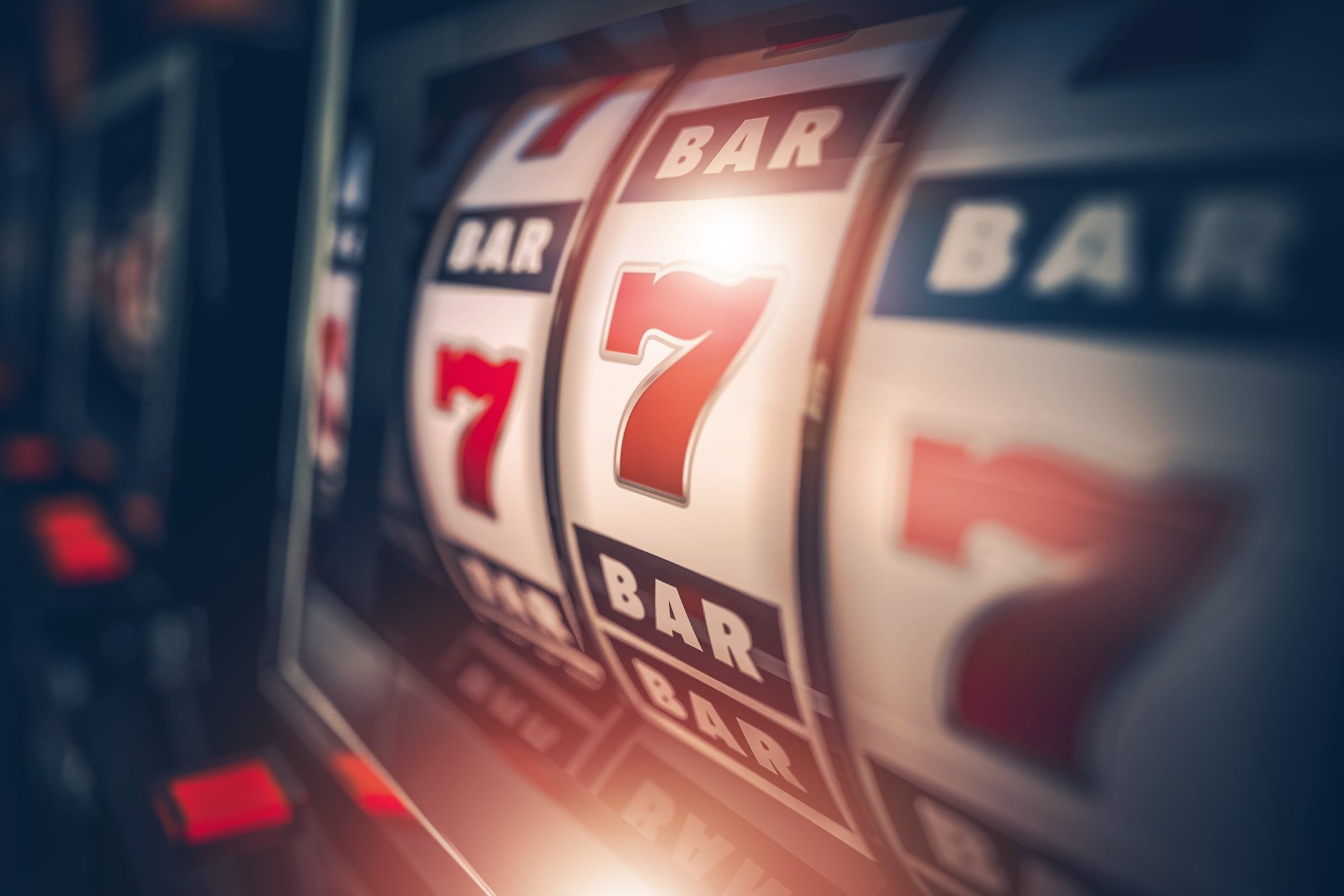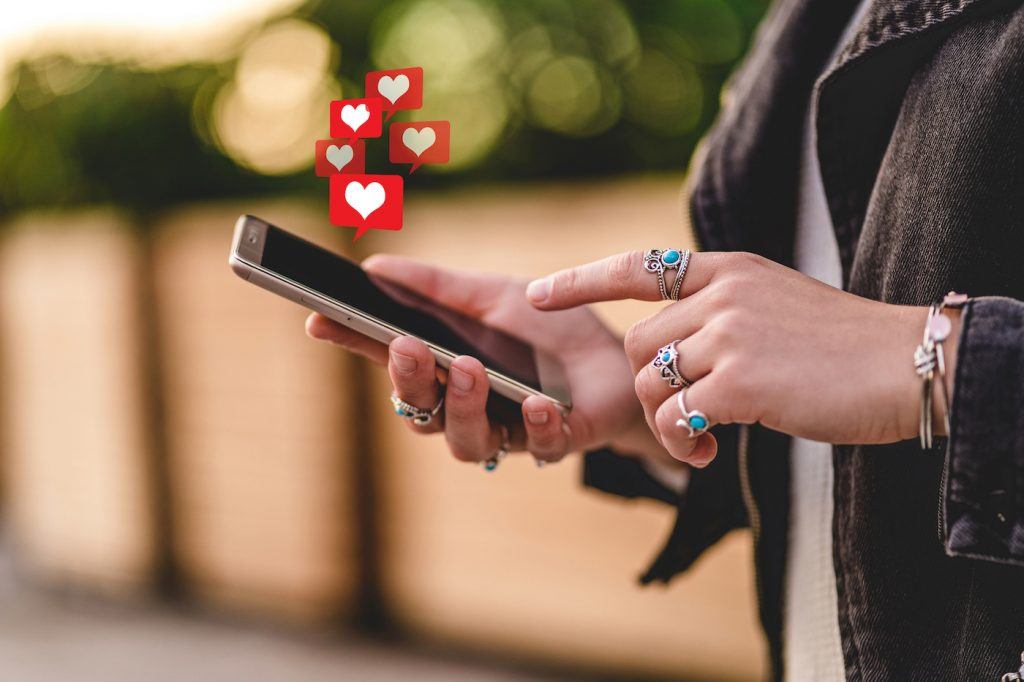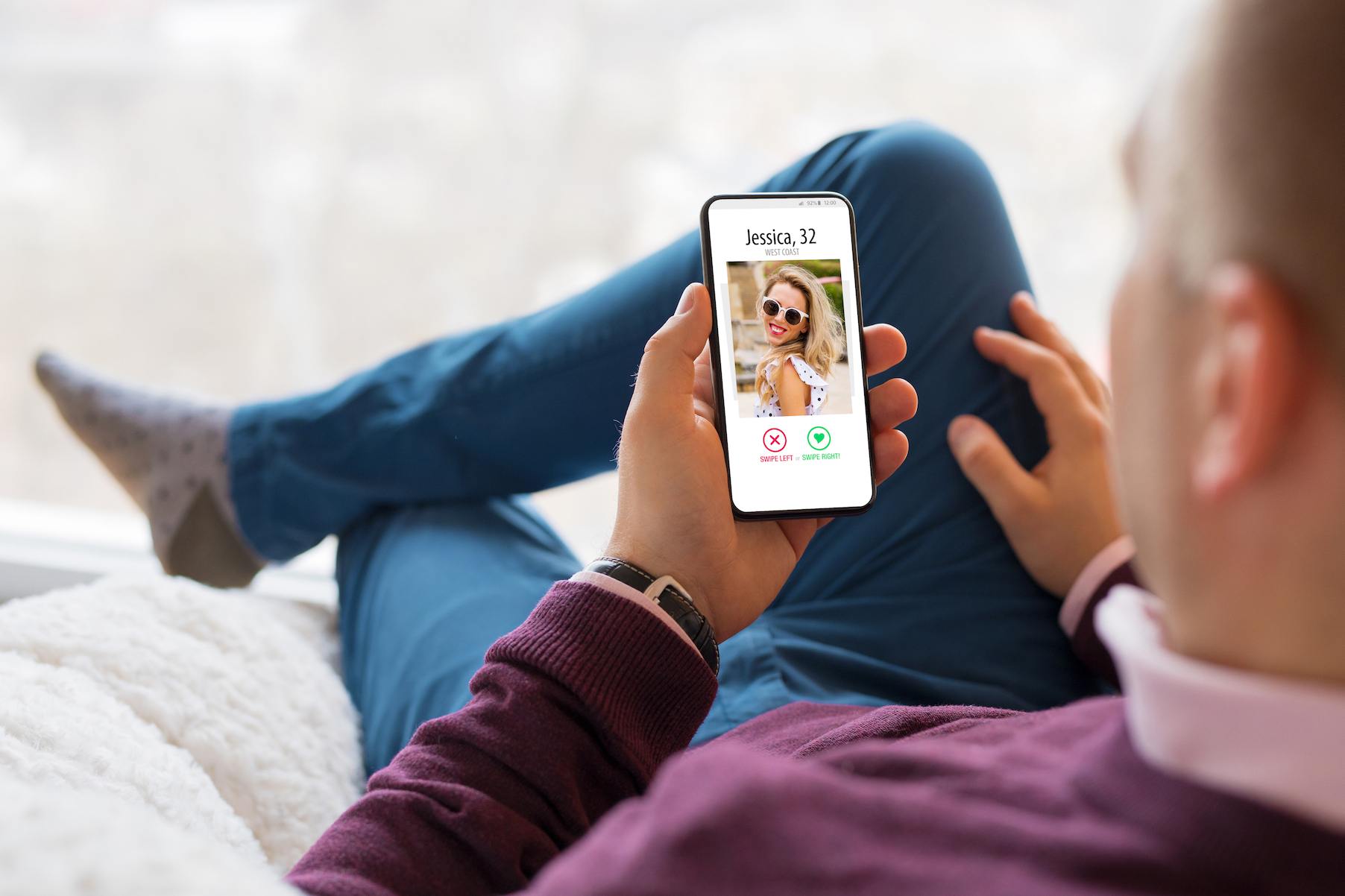Why Dating Apps Mirror Slot Machines: The Addictive Design Behind Modern Love

The Overlooked Impact of Dating Apps on Mental Health
In a world that’s finally prioritizing mental wellbeing, the role of dating apps remains surprisingly under-discussed. While social media’s influence on anxiety and addiction faces regular scrutiny, the mechanics that make platforms like Tinder or Bumble so captivating - and potentially obsessive - haven't received equal attention. The truth is, dating apps aren’t just about finding love; their design uplifts the same brain circuits activated by classic gambling, turning swipes into a compelling, near-irresistible pursuit.
Swiping as a Gamble: The Element of Surprise
Modern dating platforms have gamified romance, transforming the search for connection into a slot-machine experience. Just as spinning the reels brings the hope of a jackpot, each swipe to the left or right offers a fresh opportunity - will the next profile be your perfect match, or simply another miss? In places like France, the lingo even mirrors this: instead of “continue chatting,” some apps say “continue playing.” This unpredictability keeps users engaged, chasing the excitement of what might appear next.

The promise of discovering someone even better with each swipe is what drives the addictive loop. As with slot machines, the uncertainty and anticipation of hitting the metaphorical “jackpot” keeps you coming back, fueling endless rounds of swiping.
The Brain Loves Unpredictable Rewards
A key principle in behavioral psychology is the power of “intermittent variable rewards” - essentially, unpredictable payouts. Classic experiments show that animals (including humans) will work harder for prizes that arrive randomly. Dating apps utilize this brilliantly: you can’t predict when you’ll get a match, so each potential reward feels all the more exciting.
Statistically, most users only interact with a tiny fraction of their matches. But like a gambler chasing the next win, users are motivated to keep swiping, hoping that the next result will provide that satisfying rush of dopamine. According to licensed mental health counselor CJ Everhart, this compulsion can create a genuine need to keep returning to the apps, much like other behavioral addictions. Over time, the sheer volume of matches becomes less important than the thrill of the “what’s next?" sensation that comes from each new swipe.
Sensory Cues and Gamification: How Sounds and Notifications Hook Us
It’s not just the randomness that drives usage - it’s the reward signals too. Every buzz, chime, and animated pop-up reinforcing your progress on these platforms is borrowed straight from casino playbooks. The moment you get a match, hear a notification, or see celebratory graphics, your brain receives a shot of dopamine. Dr. Adi Jaffe, an addiction specialist, explains that these micro-rewards reinforce further interaction with the app, drawing users into continuous engagement.

The structure of dating app usage removes traditional barriers: there’s no need to muster courage in public or risk embarrassment. The process is streamlined, anonymous, and fast-paced - much like feeding quarters into a slot machine for another spin.
Escapism and Emotional Validation: Filling the Void
What drives repeated engagement for many is not just the potential for dates, but the need for escapism and external validation. Both gambling and dating apps offer temporary relief from deeper issues or insecurities, becoming tools for overcoming feelings of emptiness or inadequacy. As love addiction specialist Shena Tubbs observes, some users unconsciously use apps to address unresolved emotional wounds - especially those related to self-worth and abandonment.
The digital affirmation of a “like” or match boosts confidence and self-esteem, much like winning on the slots triggers celebration on the casino floor. However, when a person’s value becomes linked to external responses, satisfaction is fleeting, and the quest for another boost becomes never-ending.

Managing the Risks: Setting Boundaries With Dating Apps
Awareness is the first step to breaking free from potentially addictive digital behaviors. To reduce the impact of these “slot machine” design tricks, consider the following:
- Set firm time limits for app use.
- Turn off unnecessary notifications to reduce prompts.
- Reconnect with your original goals for joining the apps.
- Remember that, similar to a casino, the system is built to keep you engaged rather than help you win.
Transitioning from app-based dating to more traditional, face-to-face approaches can be daunting but may offer healthier routes to genuine connection. Exploring resources on the psychological impact of dating apps can also provide insight and motivation to make a positive change.
Meet the Experts Behind the Insights
Dr. Adi Jaffe

Dr. Adi Jaffe, Ph.D., is a globally recognized authority on addiction, mental health, and relationships. Having taught at UCLA and served as executive director at an innovative mental health treatment center, Dr. Jaffe now focuses on reducing stigma around mental health through education, advocacy, and personal experience.
CJ Everhart
CJ Everhart is a New York-based Licensed Mental Health Counselor and educator with over a decade of experience supporting individuals from diverse backgrounds. Her approach helps clients harmonize emotional awareness and mental clarity.
Shena Tubbs

Shena Tubbs is a licensed counselor and love addiction coach who specializes in relational trauma and attachment issues. She’s the founder of Black Girls Heal, offering guidance and healing for women working to build self-love and break unhealthy relationship cycles.













